
The Future Is Asian
ISBN: 9781501196263
Pages: 448
Read offline
Recommendation
Asia is far more than just China, as strategic adviser Parag Khanna makes clear in this comprehensive look at the region. Though he illustrates how China is a prime mover in Asian development, Khanna especially delves into the multiplying economic linkages among Asian nations that are producing a complex web of intraregional relationships. Asia is now looking to Asia for its future growth, Khanna writes, and cities that to Western executives and investors may today seem exotic backwaters, like Vladivostok or Baku, may soon become global centers of commerce and trade.
Summary
About the Author
Parag Khanna is a CNN global contributor and a senior research fellow at the Centre on Asia and Globalization at the Lee Kuan Yew School of Public Policy at the National University of Singapore.









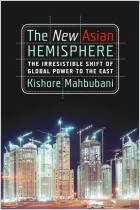
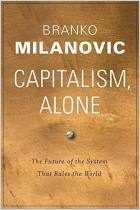
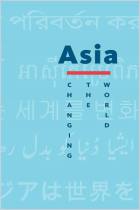
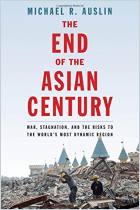
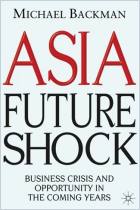
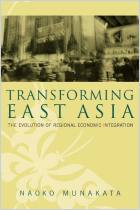





Comment on this summary or Diskussion beginnen